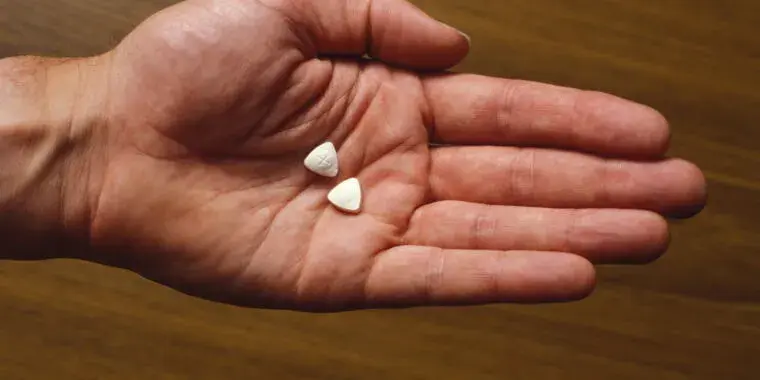I understand the purpose of appeals and that we rarely hear about things that are not appealed. But I don’t think either the FDA or court system are functioning when people and companies go in front of a decision-making body knowing they’re going to lose and viewing the ruling as the real starting gun.



idk dawg this seems pretty sound according to the article
…
like. these are pretty good reasons for not going ahead. it’s on lykos and the scientists running the trials for not keeping their paperwork straight and, you know, not warning people about the risks of the study
from an article cited within (https://qz.com/1809184/psychedelic-therapy-has-a-sexual-abuse-problem-3):
like. even GENEROUSLY assuming that nothing truly unethical happened. this is a huge issue that will only get worse if it’s made publicly available
i’m not taking a position on whether or not it should be made available as a treatment. i don’t know and i’m not qualified to determine that. but given what’s been said, it feels reasonable to want more data and perhaps go “hey think you could run a trial without getting accused of assaulting people?”
Love mdma, I belive that it could help PTSD, but I agree with you, is no benefit for anyone to rush such a thing.
The whole vive is "they stopted it cause is “drugs”, but like, those are good reasons to stop any trials.
I’m baffled. At no point did I say the denial was the wrong decision. The best MAPS can do here is start over again at Phase III but this time figure out solutions to the fatal flaws that sank the application – and maybe not let anyone get sexually assaulted in the process.
The biggest hurdle I see is blinding. There’s simply no way to know you’re not rolling, whether you’ve done MDMA in the past or not, so placebo is pointless.
oh okay, sorry, i took away a different impression from your OP talking about how the FDA process is flawed due to appeals being the starting point (which very well may be true) - but including that with this article made it seem like you felt that way about this particular incident (e.g. the link was supporting evidence), not that the commentary on the FDA process was it’s own, unrelated thing
glad to hear that we’re in agreement about the denial, though
i can’t really comment on the process, i’ve never taken mdma myself. that said, you say there’s no way you wouldn’t know you’re on it, but there’s a number of substances out there where you’d think that would be the case, but it isn’t (think like, the stereotype of people acting drunk with little / no alcohol, just thinking they had it). also, the dosages may be lower / less obvious, although i have no idea what the dosages used for recreational use vs for therapeutic use are here
I recall seeing that the therapeutic dose was pretty close to if not the same as recreational, which would be 100 mg.